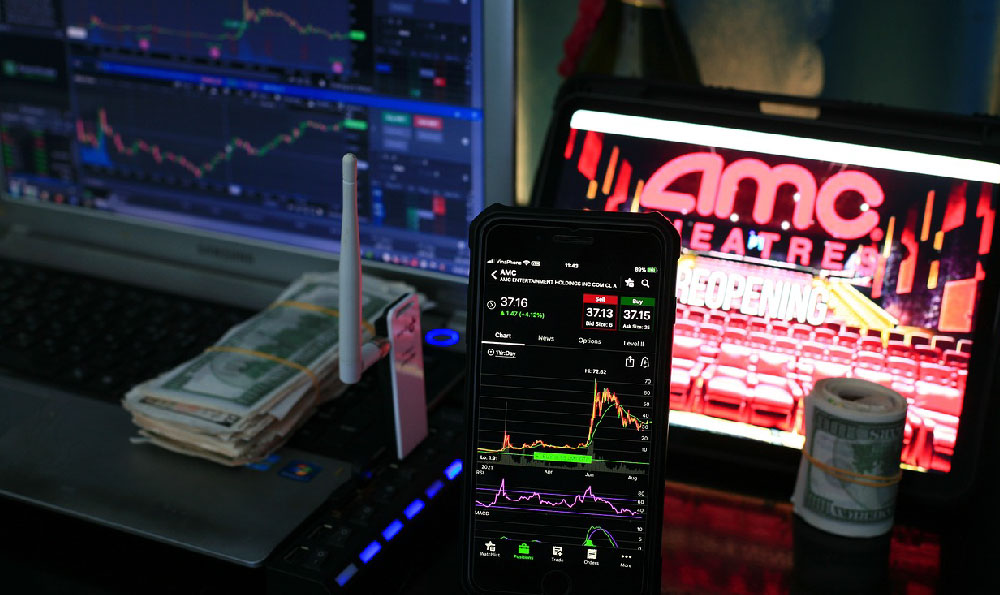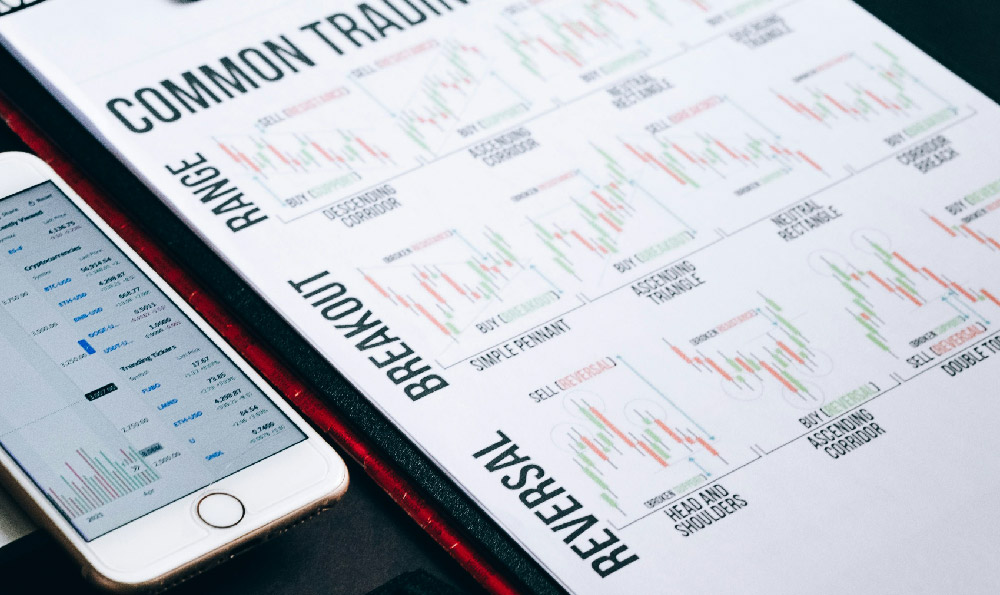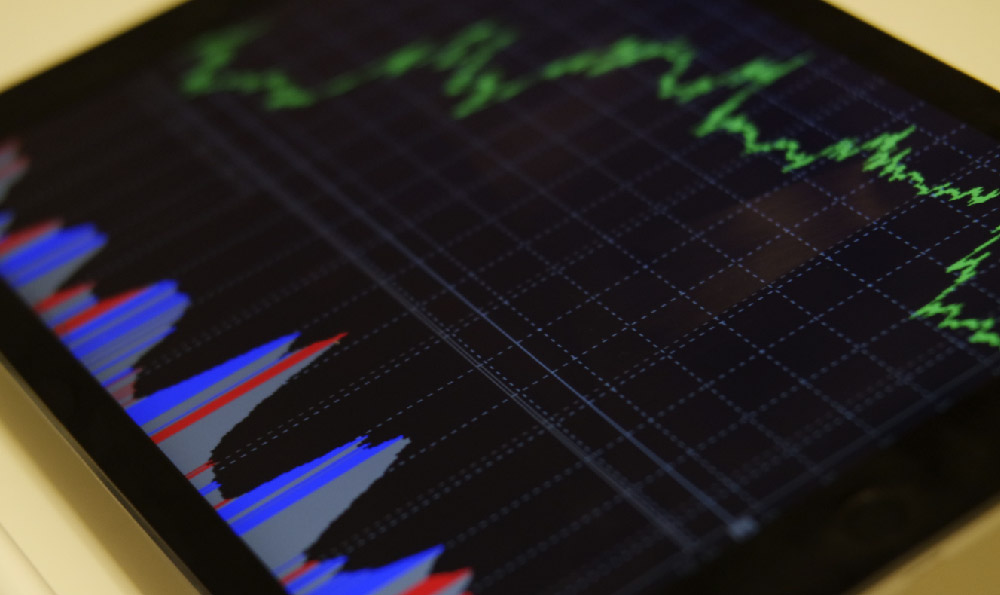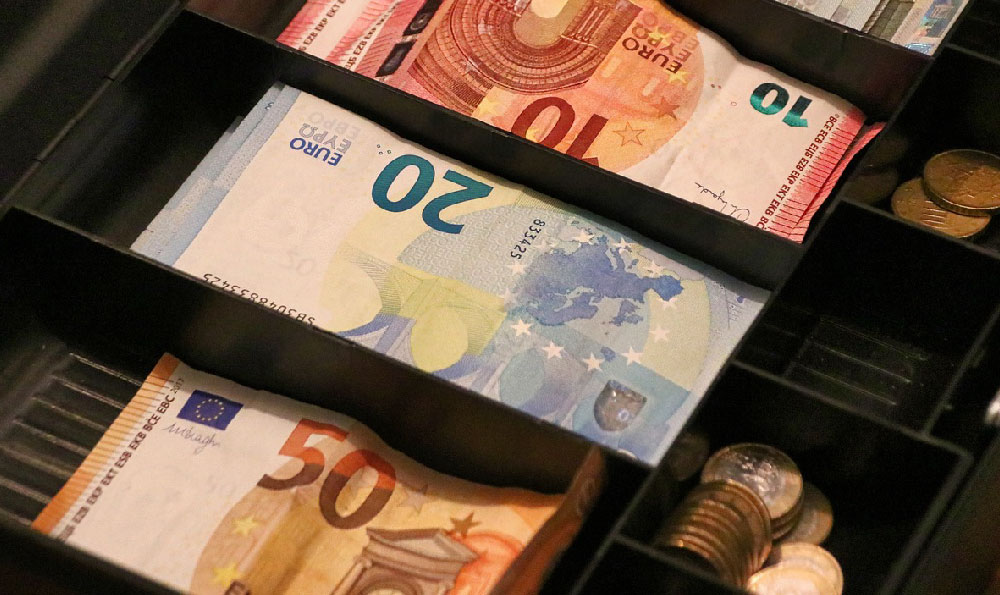Using a credit card to purchase a money order isn't a straightforward "yes" or "no" answer. The ability to do so hinges on a few factors, primarily revolving around the merchant's policies, the credit card issuer's terms, and the potential categorization of the transaction as a cash advance. Understanding these nuances is crucial before attempting such a purchase.
Most commonly, you cannot directly use a credit card to buy a money order at locations like the U.S. Postal Service, Walmart, MoneyGram, or Western Union. These places typically accept cash, debit cards, and sometimes traveler's checks for money order purchases, but specifically exclude credit cards. This prohibition stems from a few key reasons. Firstly, money orders are essentially near-cash equivalents. Allowing credit card purchases would open the door to easy and potentially anonymous money laundering. Secondly, it could encourage individuals to rack up debt by using their credit cards to obtain cash or near-cash instruments, a practice many financial institutions actively discourage. The interchange fees associated with credit card transactions also play a role; merchants often prefer cash or debit card transactions to minimize these costs, especially on relatively low-margin products like money orders.
However, there are rare and less conventional instances where using a credit card for a money order might be possible, though it often comes with significant drawbacks. One possibility, though increasingly uncommon, is through certain third-party payment platforms or services. Some may allow you to fund your account with a credit card and then use those funds to purchase a money order. However, be extremely cautious of such platforms, as they often involve high fees and may not be reputable. Thoroughly research any service before entrusting them with your financial information.

Another potential, though highly undesirable, scenario involves treating the purchase as a cash advance. Credit card companies typically allow cardholders to withdraw cash from an ATM using their credit card, but this comes with hefty fees (often a percentage of the advance plus a flat fee) and a significantly higher interest rate that applies immediately. If you were to find a merchant willing to process a money order purchase as a cash advance on your credit card, you would incur these same costly charges. This is generally a very poor financial decision, as the interest accrues from the moment of the transaction and can quickly spiral out of control. Furthermore, cash advances often don't qualify for reward points or cashback benefits offered by the credit card, further diminishing any potential advantages.
The key consideration here is how the transaction is coded by the merchant and interpreted by the credit card issuer. If the merchant codes the money order purchase as a "cash-like transaction" or a "cash advance," the credit card issuer will likely treat it as such, triggering the associated fees and higher interest rates. Even if the merchant doesn't explicitly code it as a cash advance, the credit card issuer might still categorize it that way based on the nature of the transaction.
Before even considering trying to use a credit card for a money order, it's crucial to understand the potential consequences. Contact your credit card issuer directly to inquire about their policy on money order purchases and how they would classify such a transaction. Ask specifically about cash advance fees and interest rates. This will give you a clear picture of the potential costs involved.
It's also vital to explore alternative payment methods. If you need to send money but don't have cash on hand, consider using a debit card, a check, or an electronic transfer service like PayPal, Venmo, or Zelle. These options are generally more cost-effective and convenient than attempting to use a credit card for a money order. Furthermore, many banks offer online bill payment services that allow you to send payments directly to businesses or individuals without the need for a physical money order.
In summary, while it might be technically possible in very limited circumstances to use a credit card to pay for a money order, it's generally not permitted by most merchants and carries significant risks in the form of high fees and interest charges. It's almost always a better financial decision to use alternative payment methods that are less expensive and more readily accepted. Always prioritize responsible credit card usage and avoid treating your credit card as a source of readily available cash. Thorough research and careful consideration are essential before attempting any transaction that could be classified as a cash advance. Focus on budgeting and saving to have accessible cash for money orders or utilize readily available digital transfer services instead.












